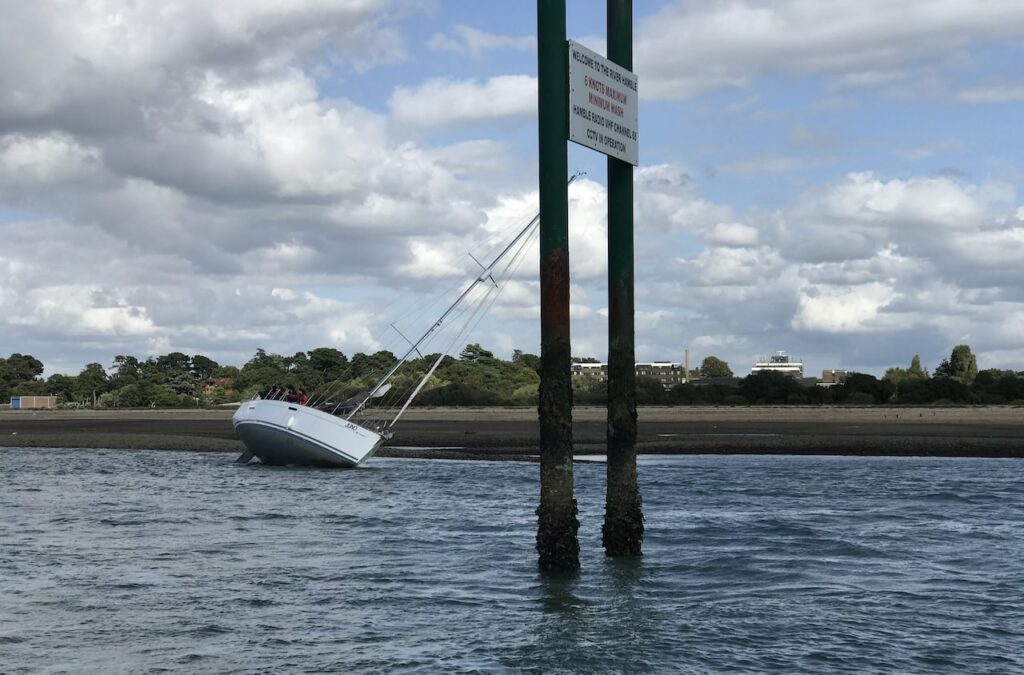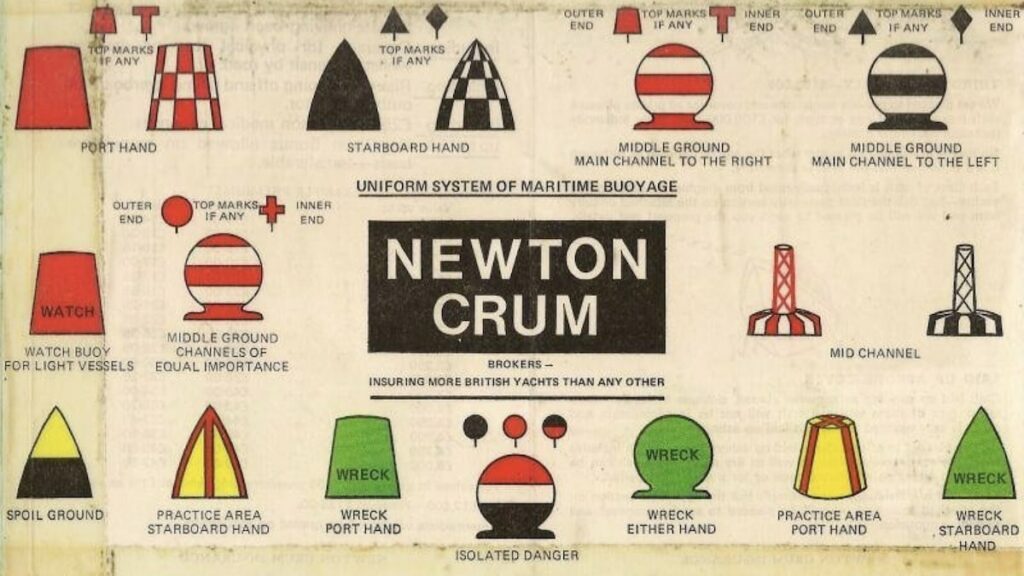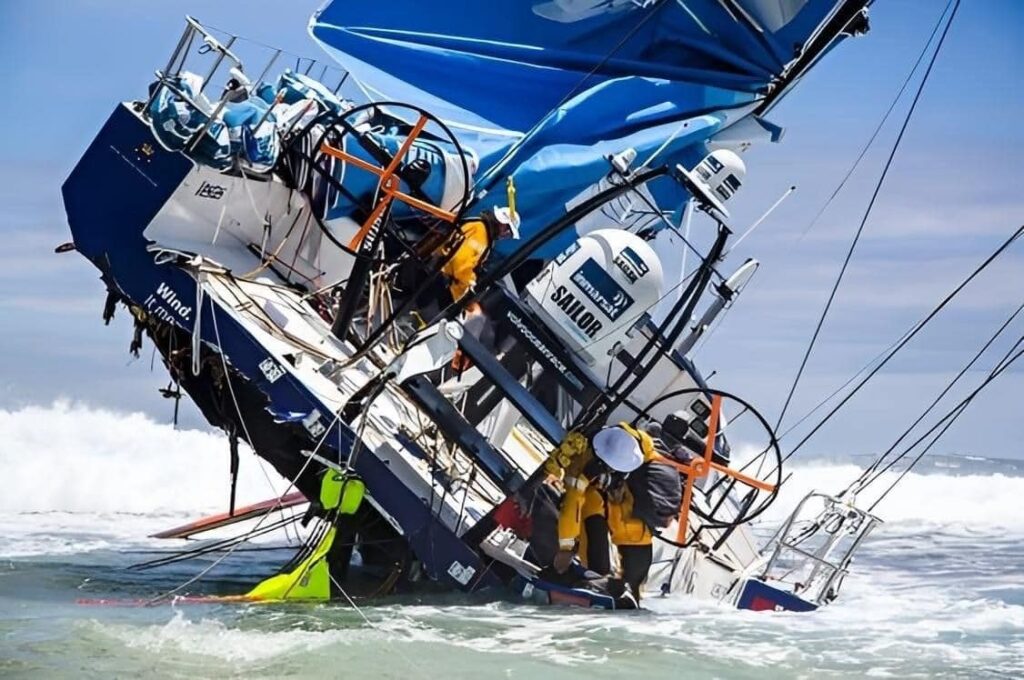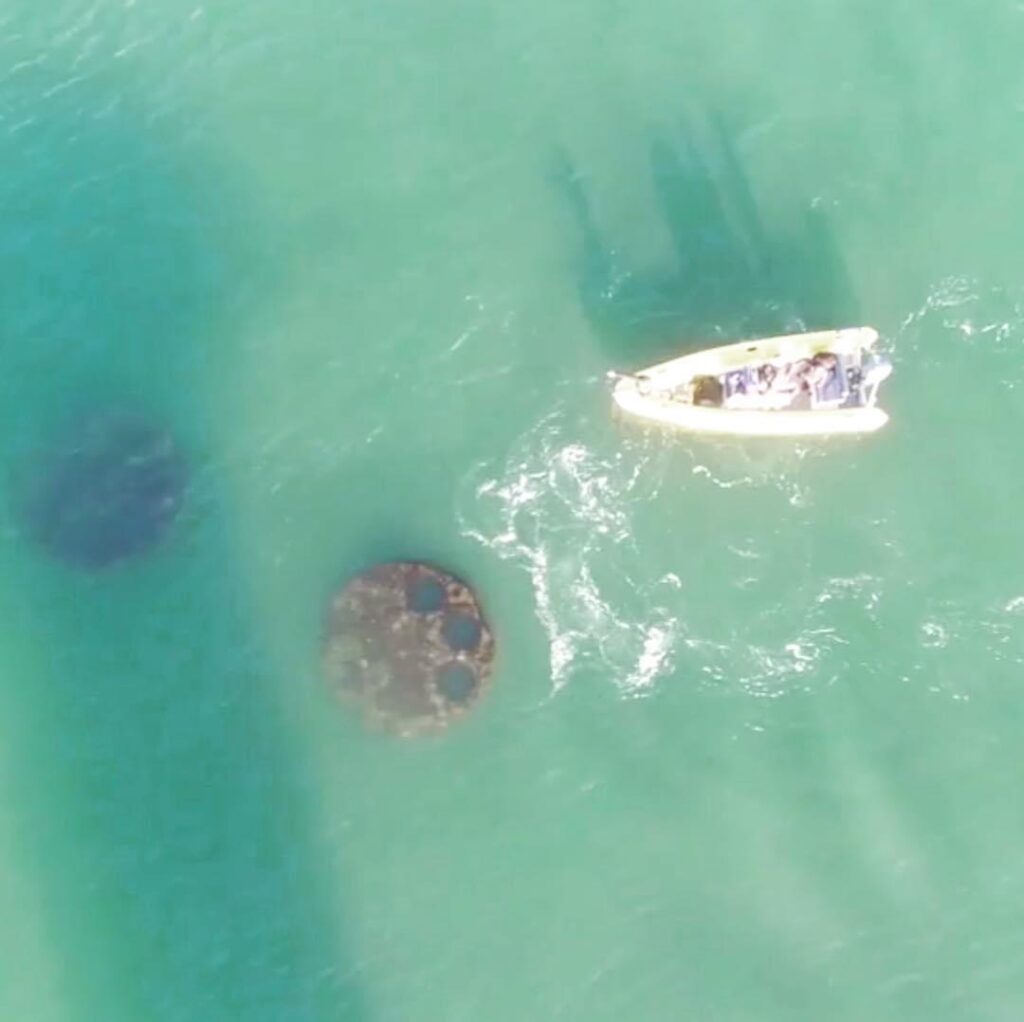Smooth Sailing or Choppy Waters? The Pros and Cons of Marine AIS for Recreational Mariners
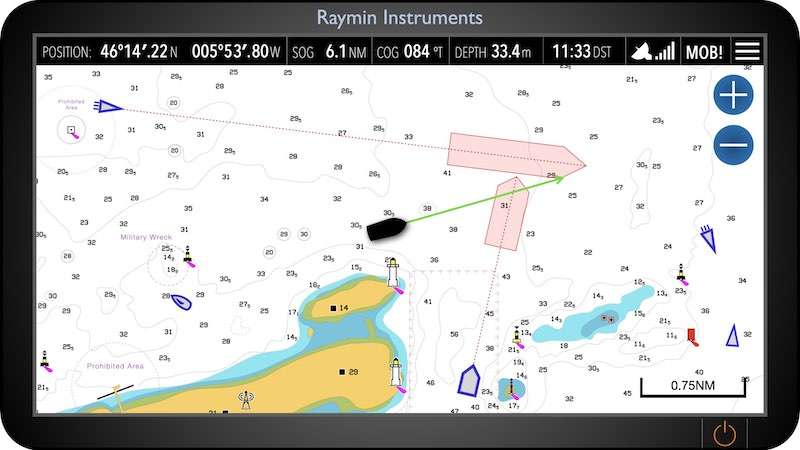
Safety and navigation are paramount concerns for recreational mariners. The adoption of Marine Automatic Identification System (AIS) technology has significantly changed the boating experience, offering benefits and posing challenges. In this article, we will explore the pros and cons of marine AIS for recreational mariners, shedding light on how this technology influences their time on the water.
Pros of Marine AIS for Recreational Mariners
- Enhanced Safety: One of the primary advantages of marine AIS for recreational mariners is the boost in safety. AIS enables vessels to exchange real-time information, allowing boaters to know other nearby vessels’ presence, speed, and direction. This enhances collision avoidance and minimises the risk of accidents on the water.
- Improved Navigation: AIS provides valuable data for navigation, aiding recreational mariners in planning routes and avoiding congested areas. With information about the movement of other boats, buoys, and potential hazards, boaters can navigate more confidently, especially in unfamiliar waters.
- Mooring and Anchoring Awareness: AIS helps recreational mariners track other vessels in anchorages or marinas. Knowing the positions and activities of nearby boats enhances situational awareness, helping boaters make informed decisions when mooring or anchoring and ultimately reducing the risk of collisions.
- Emergency Situations: In emergencies, AIS facilitates swift and precise communication. Recreational mariners can transmit distress signals via AIS, providing crucial information about their location and situation. This enhances the efficiency of search and rescue operations, increasing the chances of a positive outcome.
- Integration with Navigation Systems: Marine AIS can seamlessly integrate with recreational boats’ navigation systems. This integration enhances the overall functionality of navigation equipment, providing a comprehensive view of the marine environment and making it easier for mariners to make informed decisions.
Cons of Marine AIS for Recreational Mariners
- Cost of Equipment and Installation: One significant challenge for recreational mariners considering AIS is the initial cost of equipment and installation. Quality AIS transponders and receivers can be relatively expensive, and the installation process may require professional assistance, adding to the overall investment.
- Limited Usefulness in Remote Areas: In remote or less frequented waters, the effectiveness of marine AIS can be limited. This is especially true in areas where AIS shore-based infrastructure is sparse. Recreational mariners venturing into these regions may find AIS less beneficial, potentially relying more on traditional navigation methods.
- Privacy Concerns: Some recreational mariners express privacy concerns when using AIS. Transmitting vessel information, including identity and location, may be considered invasive by those who prefer a more discreet boating experience. Balancing the need for safety with privacy considerations is an ongoing challenge in adopting AIS.
- Maintenance and Technical Issues: Like any technology, AIS systems require regular maintenance to ensure optimal performance. Recreational mariners may encounter technical issues or malfunctions, and the complexity of AIS equipment may pose challenges for troubleshooting and repairs, especially for those less familiar with marine electronics.
- Overreliance on Technology: While AIS enhances safety, there is a risk of overreliance on technology among recreational mariners. Depending solely on AIS for navigation without maintaining proficiency in traditional navigation methods can be problematic, particularly when the technology fails or is unavailable.
Conclusion
Marine AIS has undoubtedly transformed the safety and navigation landscape for recreational mariners. The benefits of enhanced safety, improved navigation, and emergency communication are substantial. However, challenges such as the initial cost, limited usefulness in remote areas, privacy concerns, and potential overreliance on technology require careful consideration. As technology advances and the boating community adapts, finding the right balance between harnessing the advantages of AIS and addressing its drawbacks is crucial for ensuring a smooth and safe sailing experience for recreational mariners.


